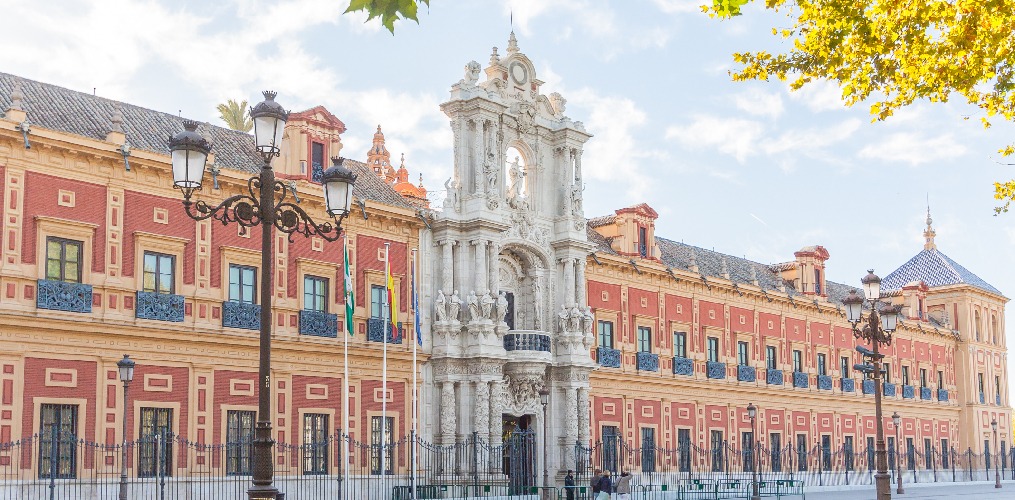
On October 2nd, 2024, LifeWatch ERIC achieved formal accreditation as a Knowledge Agent by the Junta de Andalucía. This milestone marks the end of a process initiated on January 24th, 2024, affirming LifeWatch ERIC’s role in advancing research, technological development, and innovative projects that benefit both the scientific community and society at large.
The accreditation acknowledges the organisation’s dedication to accelerate the research efforts of the scientific community, according to its mission to deliver a European state-of-the-art e-Science Research Infrastructure on biodiversity and ecosystem research, through key scientific services. Moreover, it highlights its alignment with the researchers’ need for key societal insights and science-based policy. Such “Knowledge Agent” recognitions are generally awarded to universities, foundations, and research institutes that demonstrate contributions to the fields of innovation, research, and development.
Following a thorough evaluation by the Evaluation and Accreditation Area of the Andalusian Agency for Scientific and University Quality (ACCUA), LifeWatch ERIC is now registered in the Electronic Register of Agents of the Andalusian Knowledge System, under the category of Research Centres, Institutes or Foundations (Centros, Institutos o Fundaciones de investigación). The assessment reviewed the organisation’s impact and achievements, confirming its alignment with the standards required by the Andalusian Knowledge System (Sistema Andaluz del Conocimiento).
The inclusion in the register remains valid for four years (although subject to periodic assessments): a distinction that not only validates past achievements, but also inspires and motivates LifeWatch ERIC to deepen its contributions to the European scientific and innovation landscape. This recognition opens doors to new funding opportunities, allowing participation in calls for competitive grants aimed exclusively at agents of the Andalusian Knowledge System. With this endorsement, we can advance experimental and applied research projects, amplifying our impact on biodiversity, environmental sustainability, and ecosystem research by supporting students, professionals and communities.